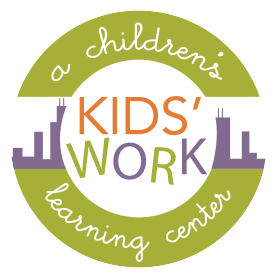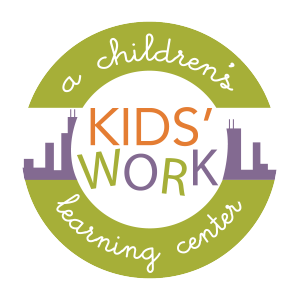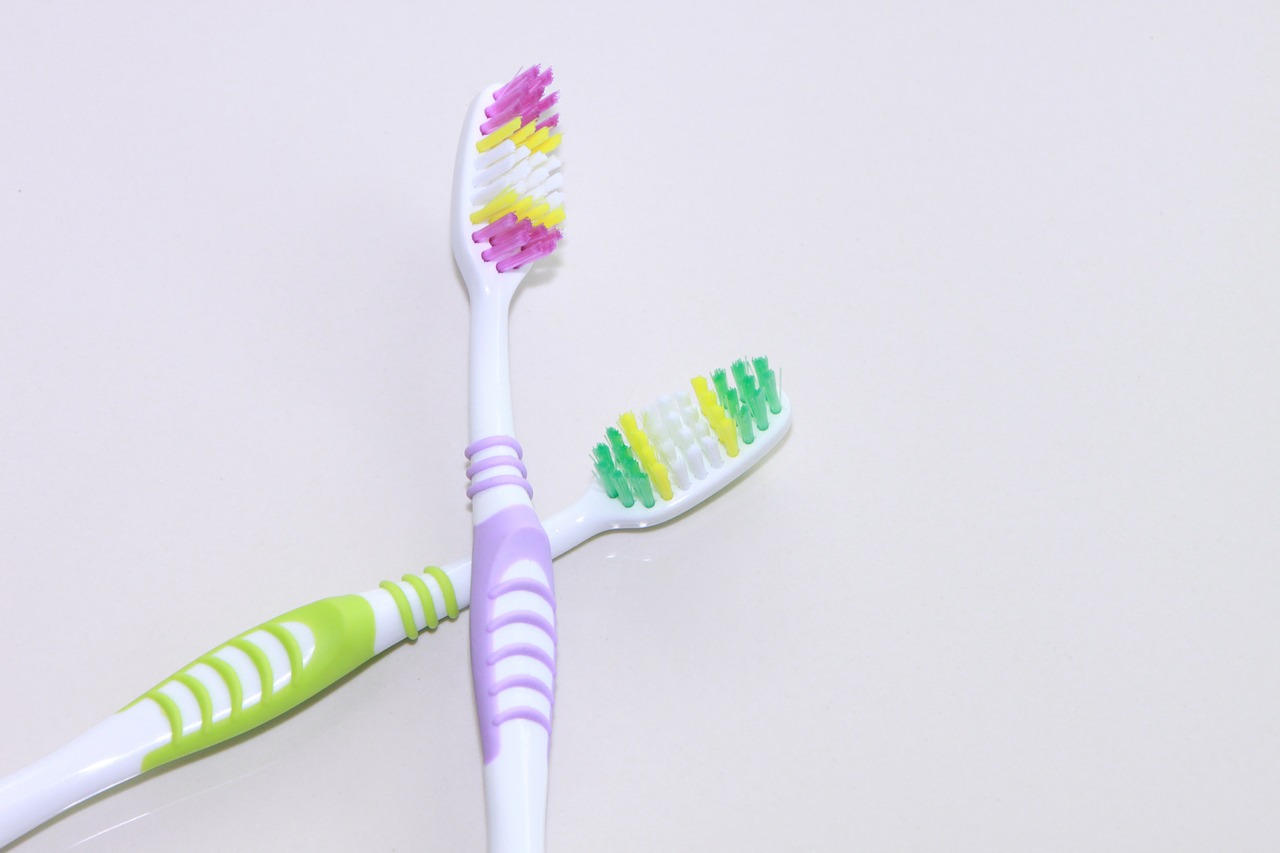Dental health is one of the most important things to help with and teach your kids about starting early on in their lives, to encourage and promote good dental hygiene for the duration of their lives. Here are a few tips on oral care for kids.
-
Start immediately
As soon as your kid’s teeth start cutting through, start cleaning them. Use a wet soft cloth like a washcloth to clean your baby’s mouth after eating, or a piece of soft gauze if there is only one tooth. You have to be vigilant and consistent with cleaning their mouths and teeth as babies and having them take over as soon as they’re able to, because tooth decay is one of the most common and preventable ailments of kids and teens. Help and teach them about cavities and how to avoid them as soon as their first teeth come through, and start a lifetime of good dental habits.
-
Go to the dentist
Speaking of good dental habits, going to see the dentist – preemptively – is one of them. Take your kid for his or her first dentist visit by the time they are one year old. It not only helps greatly in early preventive care, but gets them used to going early on in life.
-
Floss
You hear it all the time as an adult how important flossing is, and it’s the same even when you’re little. When two teeth have grown in that are touching each other, it’s already time to start your little one on flossing. Get tips from your dentist on that first visit before your kid’s first birthday on what the best way is to do so, and when/how often it should be done.
-
Hold off on the mouthwash
Don’t give your kid mouthwash to use until they are old enough to definitely spit it out on their own – you don’t want them swallowing that stuff!
-
Don’t count on juice
Juice seems like a healthy drink to give babies and young kids, but it is not recommended except for as a treat. Tooth decay and childhood obesity doesn’t come just from sodas and fast food, juice can be a culprit as well. Any juice should be 100% fruit juice, and no more than 4 ounces per day. As they start migrating to a sippy cup from a bottle, the same rule stands – if the liquids are sugary, that sugar will be sitting on the back of their teeth all day. Stick to water, and juices as a treat.
-
Set the example
Kids are going to be more likely to want to join in if they see you brushing. Then it’s the cool thing that the big kids and grown-ups do, and they’ll want to emulate it. So be sure you’re setting a good example with both frequency, duration, and technique for brushing. Again, check with your dentist if you need tips or schedule help with how often you should be brushing, and what is considered the best and most effective way to brush.
-
Keep them moving forward as they age
If you help and supervise them, your 2 or 3-year-old can brush their teeth for themselves. At around age 6, if you’ve taught, demonstrated, and ensured they’ve been doing the correct technique as described by your dentist, they should be able to do it on their own. Continue to help them with good and proper flossing techniques and frequency until they are about 10, and then keep checking to make sure that they’re doing it properly and often enough on their own.
Establish good habits early, and help your kids keep those pearlies white and those smiles shining!


